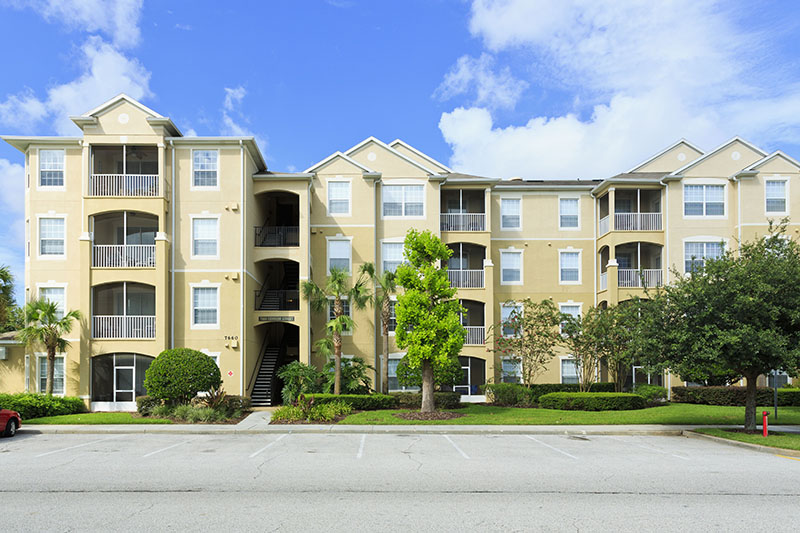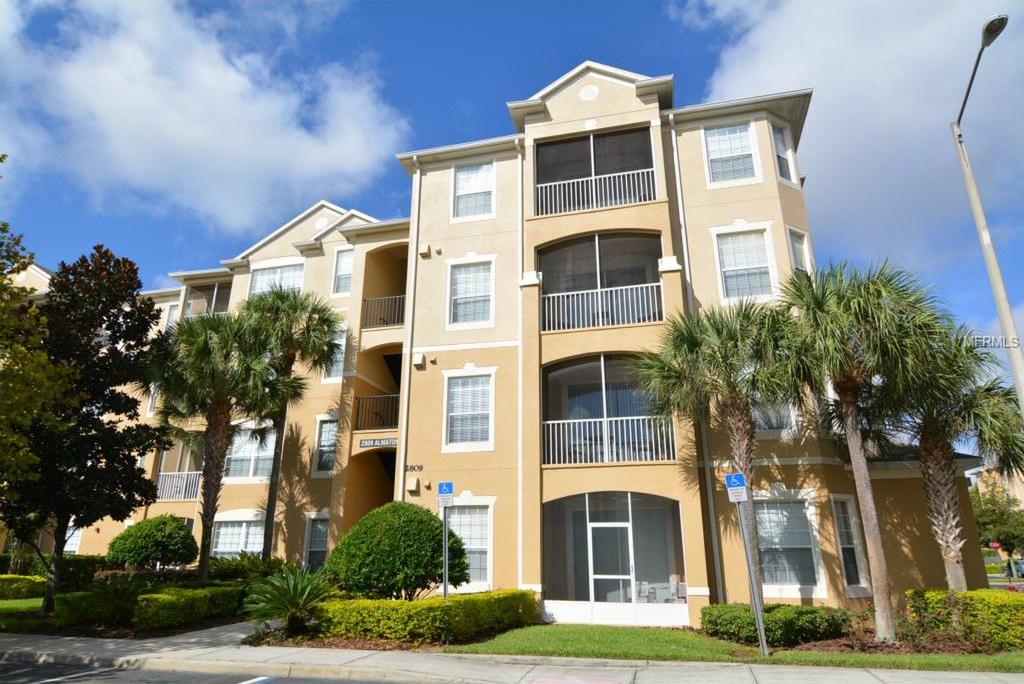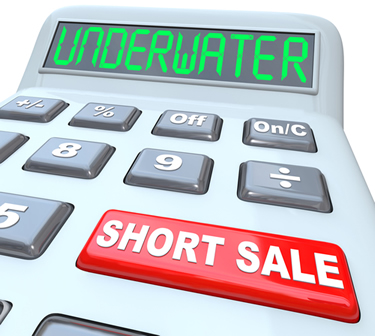Why Should Vacation Home Buyers Care about REOs?
Posted by Team Donovan on

Are you in the market for an Orlando vacation home? If so, you may have come across a listing on a real estate website like Team Donovan’s that says the home is a bank owned / REO property. REO stands for Real Estate Owned, which means the home has been foreclosed upon and repossessed by the lender (which is typically a bank).
Foreclosure processes vary by state, but the end result is the same. After a bank forecloses on a property, they place the home into their inventory of real estate owned. At this point, federal agencies such as Freddie Mac, Fannie Mae or HUD (Housing of Urban Development), may have to settle with the bank if there was some type of guaranteed loan involved. It doesn’t matter whether these agencies or the bank own the property,…


 Are you thinking about buying a second home in Orlando? Many travelers from Canada and the United Kingdom come to Central Florida year after year to spend a relaxing holiday. At some point, it may make more financial sense for you to buy a vacation home in Orlando, rather than spending money on a hotel or vacation rental home. In a previous article, we shared five things you should know before buying an Orlando holiday home. Here are a few more important points to consider before making a purchase.
Are you thinking about buying a second home in Orlando? Many travelers from Canada and the United Kingdom come to Central Florida year after year to spend a relaxing holiday. At some point, it may make more financial sense for you to buy a vacation home in Orlando, rather than spending money on a hotel or vacation rental home. In a previous article, we shared five things you should know before buying an Orlando holiday home. Here are a few more important points to consider before making a purchase.



 Thinking about buying a second home in Orlando? Many people dream of buying a vacation home and renting it out so they can recoup part of their investment. The key to generating a profit with a vacation home is making sure that the property is in a desirable location.
Thinking about buying a second home in Orlando? Many people dream of buying a vacation home and renting it out so they can recoup part of their investment. The key to generating a profit with a vacation home is making sure that the property is in a desirable location.
 What is a Short Sale?
What is a Short Sale?
 Thinking about selling your Orlando vacation property? You should be aware of an upcoming change in the U.S. Foreign Investment in Real Property Tax Act, otherwise known as FIRPTA.
Thinking about selling your Orlando vacation property? You should be aware of an upcoming change in the U.S. Foreign Investment in Real Property Tax Act, otherwise known as FIRPTA.